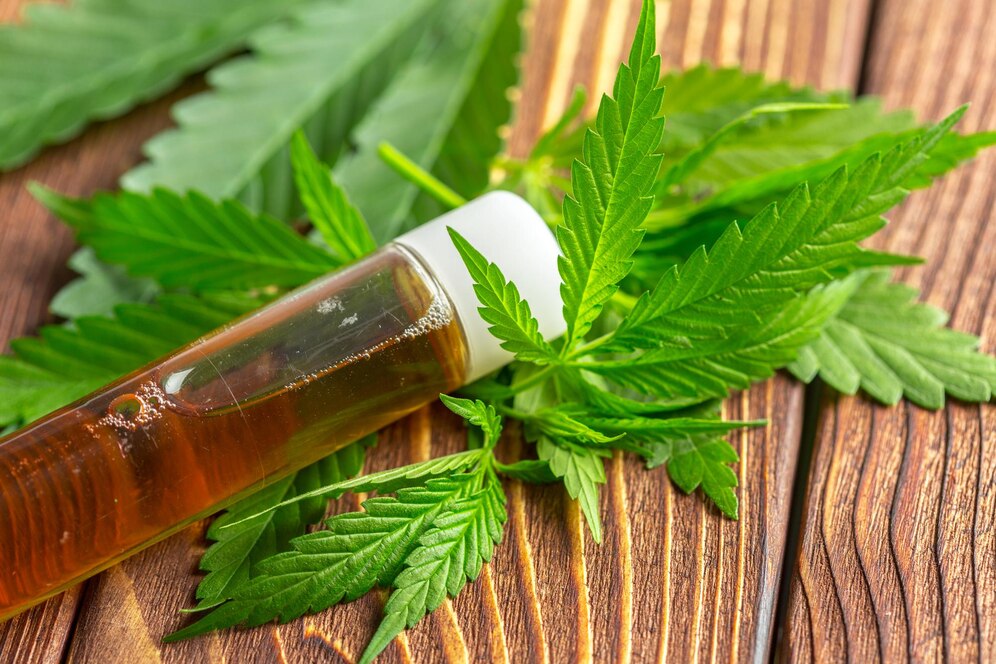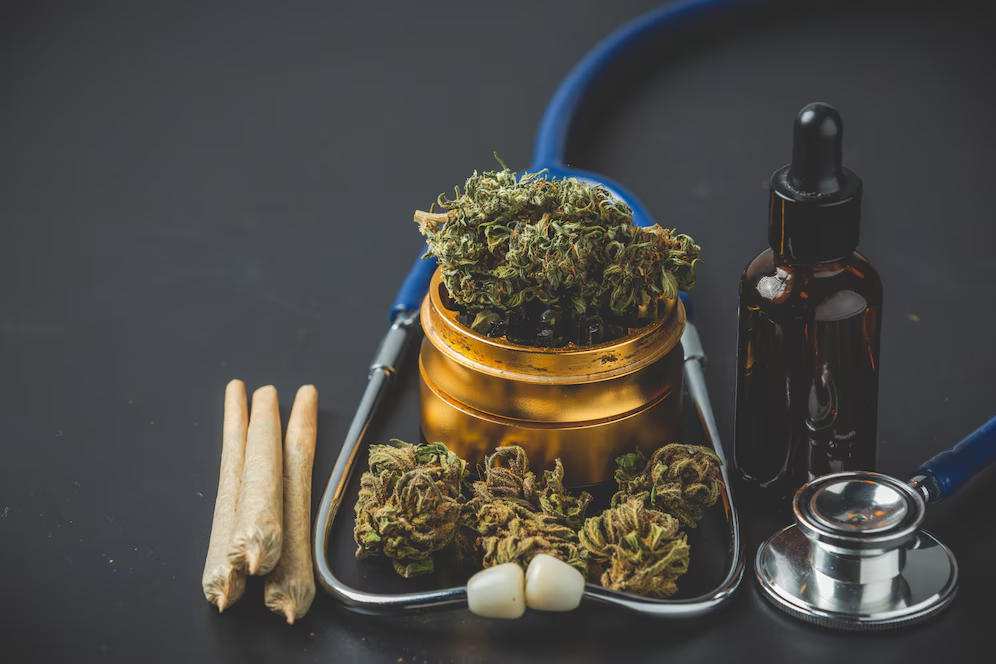Table of contents
As the popularity of hemp-derived products continues to grow, consumers are often faced with a wide range of options, including CBD and Delta-8 THC. While both compounds come from the cannabis plant, their effects, benefits, and legal status can vary significantly. In this article, we’ll take a deep dive into understanding the key differences between CBD and Delta-8 THC, helping you make informed decisions based on your health and wellness goals.
What is CBD?

CBD (cannabidiol) is a non-psychoactive compound found in hemp and cannabis plants. It interacts with the body’s endocannabinoid system, which plays a crucial role in regulating mood, pain, sleep, and immune response. CBD is widely used for its potential benefits, including:
- Reducing anxiety and stress
- Relieving pain and inflammation
- Improving sleep quality
- Supporting overall wellness
Importantly, CBD does not cause the “high” typically associated with cannabis use.
What is Delta-8 THC?

Delta-8 THC is a cannabinoid that is chemically similar to Delta-9 THC, the primary psychoactive component of cannabis. However, Delta-8 THC produces milder psychoactive effects, often described as more clear-headed and less intense than Delta-9 THC.
Potential benefits of Delta-8 THC include:
- Mild euphoria
- Pain relief
- Appetite stimulation
- Reduced nausea
Because Delta-8 THC causes psychoactive effects, it offers a different experience compared to CBD.
Key Differences Between CBD and Delta-8 THC
When comparing CBD and Delta-8 THC, several important differences come into play:
1. Psychoactive Effects
- CBD: Non-psychoactive, no “high” sensation.
- Delta-8 THC: Mild psychoactive effects, with a light feeling of euphoria.
2. Legal Status
- CBD: Federally legal in the U.S. if derived from hemp containing less than 0.3% THC.
- Delta-8 THC: Legal in some states but restricted or banned in others. Its legality is more complex and varies by location.
3. Therapeutic Benefits
- CBD: Focused on anxiety, inflammation, pain, and overall balance.
- Delta-8 THC: Combines mild euphoria with therapeutic effects like pain relief and appetite stimulation.
4. Potential Side Effects
- CBD: Generally well-tolerated with minor possible side effects like drowsiness or digestive issues.
- Delta-8 THC: May cause dry mouth, mild anxiety, dizziness, or psychoactive effects if used in high doses.
5. How They Are Made
- CBD: Extracted directly from hemp plants.
- Delta-8 THC: Often synthesized from CBD through a chemical conversion process, as it occurs naturally in very small amounts.
Choosing Between CBD and Delta-8 THC
When deciding between CBD and Delta-8 THC, consider the following:
- Your Wellness Goals: If you want relief without any psychoactive effects, CBD is likely a better fit. If you’re open to mild euphoria along with symptom relief, Delta-8 might suit you.
- Legal Considerations: Always check your local laws regarding Delta-8 THC.
- Product Quality: Choose reputable brands that offer third-party lab testing for safety and potency.
FAQs About CBD and Delta-8 THC
CBD is often preferred for anxiety due to its non-psychoactive calming effects, but some users find mild benefits with Delta-8 THC as well.
Yes, some products combine the two for balanced effects, but it’s important to start slowly and monitor how you feel.
Yes, Delta-8 THC can trigger a positive drug test result because it is a form of THC.
Most states require buyers to be at least 18 or 21 years old, depending on the product and location.
Both are available in oils, gummies, capsules, vapes, and topicals, offering flexibility based on your preference.
Final Thoughts
Understanding the differences between CBD and Delta-8 THC is crucial for making the right choice for your wellness journey. While both cannabinoids offer promising benefits, their effects, legal status, and personal experiences can vary widely. Whether you’re seeking relaxation without a high or a mild euphoric experience, knowing the facts helps you choose safely and wisely.
Always consult a healthcare professional before starting any new supplement, and prioritize quality products from trusted brands for the best results.





